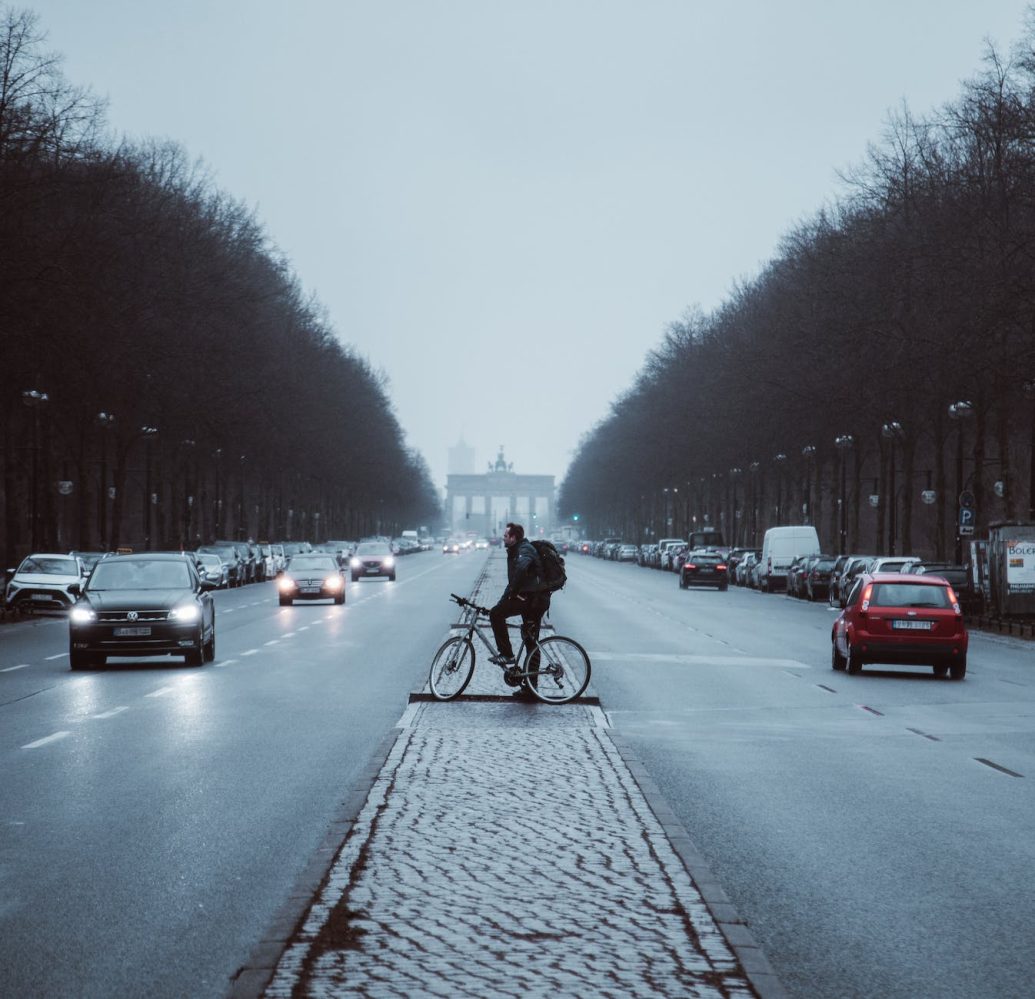
While Paris is expanding bike paths and shunning SUVs, it’s different in Berlin. Here, the car is king, at least for the city’s conservative government, which is unleashing a culture war against cyclists and drivers – but cyclists are on the losing end this time.
By contrast, German cities Hanover and Tübinger are planning to build more cycling infrastructure, with Hanover considered one of the most bike-friendly cities in the world with its vast bike lane network and no-car days. And other European cities are considering going the way of Paris by slapping hefty parking fees on SUVs, which are surging in popularity in Europe.
But Berlin’s government says that isn’t the way forward for the German capital: “We have no intention of increasing parking charges for SUVs. More generally, we have no plans to impose new rules on their owners,” said Kai Wegner, the city’s first right-wing governing mayor since 2001.
Putting a fine point on this isn’t, of course, surprising, since for the past year Berlin has been helmed by the Christian Democratic Union (CDU)’s Wegner. Le Monde writes that one of his campaign slogans was: “Berlin is for everyone, including car drivers.” Another poster read: “Berlin, don’t let the car be banned.”
After the party won the election, Wegner quickly set about undoing all the green transport projects set up by his left-leaning predecessors.
Some of the unraveling involved pulling the brakes on all bike infrastructure projects that “endanger” existing car lanes or parking spaces, writes Politico. The plan to add thousands of miles of cycling lanes was put on hold, as was the plan to pedestrianize the Friedrichstrasse, a roughly 2-mile thoroughfare of high-end shops, restaurants, and the former Checkpoint Charlie border crossing between East and West Berlin. A popular spot for Berliners and tourists alike, it was a natural testing ground for banning cars to make room for people. But some local business owners said they saw a drop in sales after the car ban, and the conservative government was more than eager to shut the project down and let the cars back in.
Part of the CDU’s rhetoric, too, is sounding awfully familiar these days in Europe, that bike networks and pedestrian zones exclude working-class people who need cars to commute to work in the city center each day, so removing parking lanes for bikes or shutting off roads to cars cut into their livelihoods. For Paris, the higher SUV parking fees exempt workers needing to commute, for example.
Still, all this tension, too, has resulted in Berlin cyclists reporting a rise in violence from drivers when out cycling or engaging in pro-bike protests, reports ExBerliner.
Already there are 1.23 million registered cars in Berlin, with each year some 10,000 more cars arriving in Berlin – with the city ranking as Germany’s most polluted city. Most people, however, prefer other forms of transit, with the last government survey from 2018 saying only 23% of daily journeys were made by private vehicle. Among other modes of transport: 27% by public transport, 31% by foot, and 18% by bicycle. Plus more people took to their bikes after the pandemic, since the city expanded its bike network with “pop-up” bike lanes, with 17% more cyclists on roads now than in 2018.
Another major point of contention is the planned extension of the A100 highway through Berlin, which could see around 30 nightclubs and cultural venues being knocked down to build it – a move that is fiercely opposed by activists who want to protect this part of the city’s cultural heritage and prevent a flood of cars flowing into the city. And what is Berlin without an industrial club? While Berlin’s long-ruling Social Democratic Party (SPD) opposed the extension, the CDU sees it differently and has the final word.
To reduce your carbon footprint and live more sustainably, consider going solar. EnergySage is a free service that connects you with trusted, reputable installers in your area – without having to give up your phone number until you select an installer. Your personalized solar quotes are easy to compare online and you’ll get access to unbiased Energy Advisors to help you every step of the way through EnergySage. Get started today!
FTC: We use income earning auto affiliate links. More.


Comments